US veterans getting brain cancer and struggling to get benefits: Report
The US military adventures in Iraq and Afghanistan inflicted untold misery on people in these countries, while also causing traumatic brain injuries and post-traumatic stress disorder to American soldiers.
According to a joint investigation by the Military.com and Public Health Watch, thousands of US veterans have also been diagnosed with diseases likely related to environmental hazards and toxic waste.
The report cites the case of Noah Feehan, a 38-year-old Minnesota Air National Guard master sergeant, who was diagnosed with a form of cancer called glioblastoma in December 2020.
It is still not clear why Feehan, who serves as an avionics technician, developed a rare brain cancer with an average life expectancy of 12 to 18 months that usually afflicts those in their 60s or above.
Feehan himself and other service members attribute it to years spent working around electronics and jet fuel, operating in places polluted by depleted uranium, and living alongside pits full of burning trash.
"We're all assuming it's the burn pits," Feehan, who was deployed to both Iraq and Afghanistan, is quoted as saying in the report. "It was disgusting what they threw in there. Tires, jet fuel, body parts, plastics."
Feehan is not alone in this bottomless battle against a deadly malady. Many like him are fighting or have already succumbed to glioblastoma, which kills roughly 12,000 Americans each year.
The studies carried out on military personnel and veterans to understand whether they have been getting glioblastoma at higher rates than the general population have produced inconclusive results.
Glioblastoma is reportedly the third most common cause of cancer-related death in the in the US, behind colon cancer and leukemia.
And among post-9/11 veterans who were sent on military missions to Iraq, Afghanistan and elsewhere, glioblastoma occurs at a rate 26% higher than that found in the general population, according to the Department of Veterans Affairs (VA) and National Institutes of Health data (NIH).
Most of the afflicted veterans and their families believe their illnesses were caused by military environmental exposures.
Worse still, 42% of the 2,126 post-9/11 veterans who have been diagnosed with brain cancer have been denied access to health care and disability compensation by the VA.
"We spent the first year fighting the disease and the second year fighting VA," Amy Antioho, widow of former US Army Capt. Peter Antioho, who died of glioblastoma on Sept. 27, 2020, says in the report.
According to the NIH, the rate of glioblastoma in the general population, when accounting for age, is roughly 3.2 cases per 100,000 people, with the median age of onset at 64, the report notes.
But according to the VA, among post-9/11 veterans who deployed and have VA health care, the rate of brain cancer – mostly glioblastomas -- averaged 5.2 cases per 100,000 per year from 2015 to 2019 in a population in which nearly half are ages 30 to 39, it adds.
The VA automatically grants benefits to service members diagnosed with brain cancer on active duty and to veterans who worked with radiation while serving, or if diagnosed within a year of discharge.
The report notes that just about half of US military veterans who served since August 1990 and developed brain cancer have had their claims denied.
"People are dying, and to deny them the right to health care, to deny [compensation] to their survivors who are spending their last minutes with their loved ones, it's criminal and insulting," Rosie Torres, co-founder of Burn Pits 360, a nonprofit in Robstown, Texas, is quoted as saying in the report.
Dr. Anthony Szema, a New York-based pulmonologist who serves as an adviser to Burn Pits 360, said he is not surprised that Iraq and Afghanistan veterans are being diagnosed with cancer.
Burning plastics and some types of fuel can release cancer-causing chemicals such as dioxins and benzene into the air, he says in the report.
"Near burn pits, veterans inhaled carcinogens, they ingested carcinogens from the sand, they got it on their skin, absorbed it in the bloodstream," Szema said. "These cancers usually take years to develop. But [as] we saw in the World Trade Center rescue workers, EMS and firefighters, the latency was shortened. This may be the same for these veterans."
FM stresses Iranians’ resolve to defend sovereignty, security in face of foreign-backed interference
China bars domestic firms from using US, Israeli cybersecurity software: Report
VIDEO | Trump’s Greenland threats is about natural resources, standing up to Russia and China
VIDEO | Iran unity in foreign-backed riots
IRGC intelligence details successful confrontation against US-, Israeli-backed unrest drive
Hezbollah warns Lebanese government disarming group could trigger civil war
Israel legalizes five illegal settlements in West Bank, defying global outrage
IRGC warns of decisive response to miscalculations by US, Israel


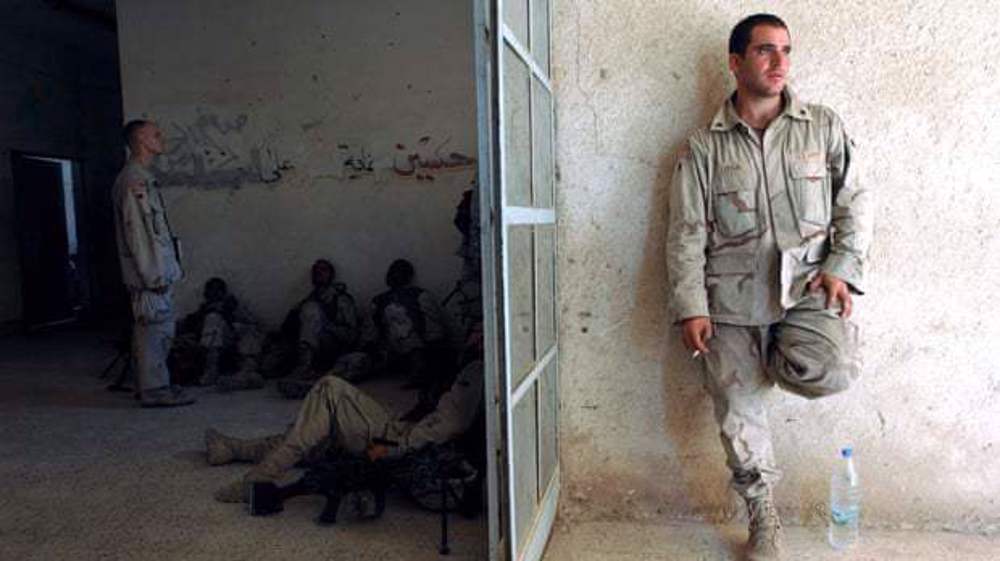
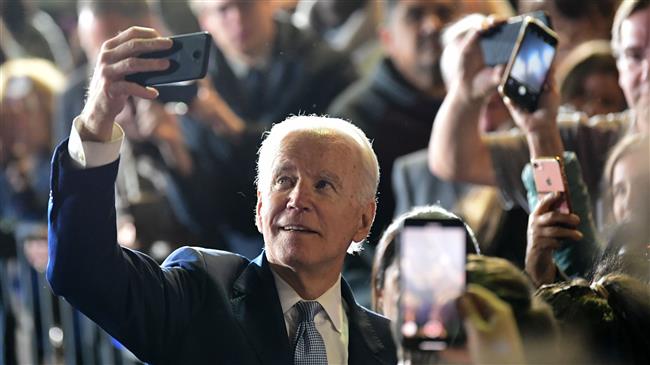
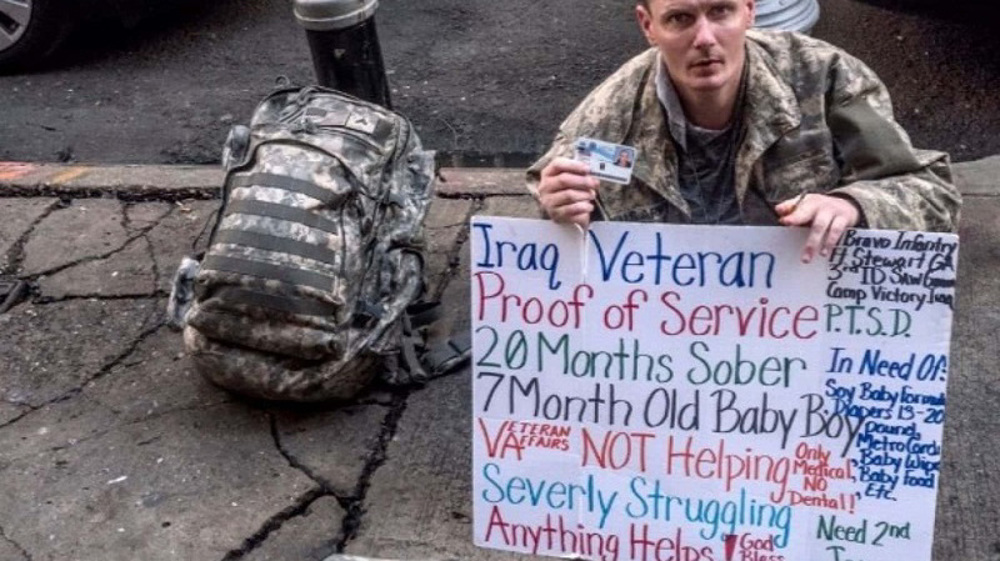


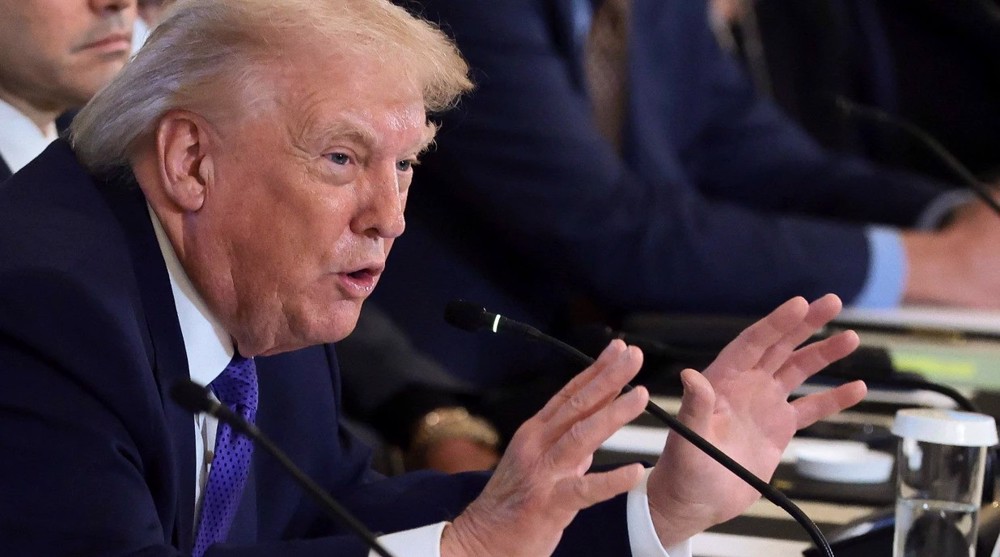



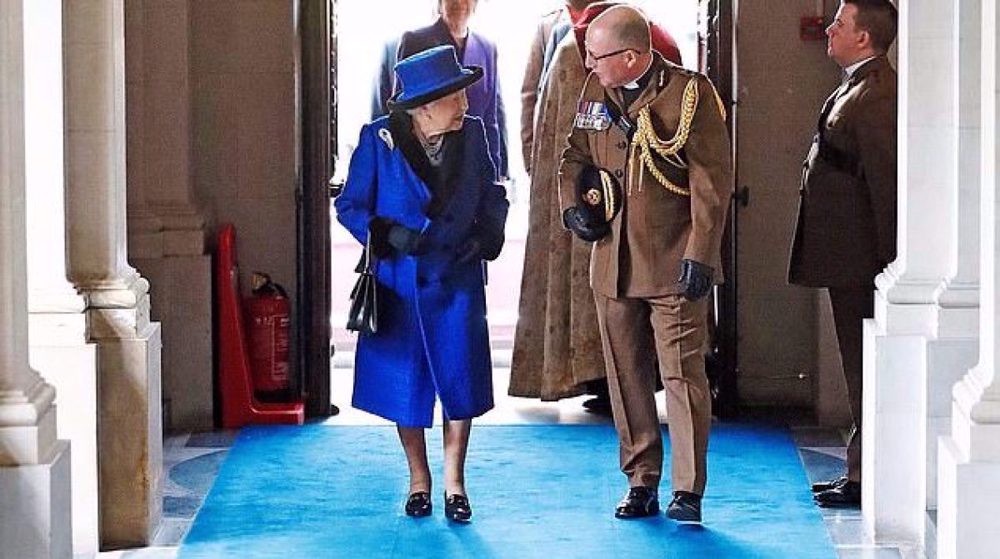
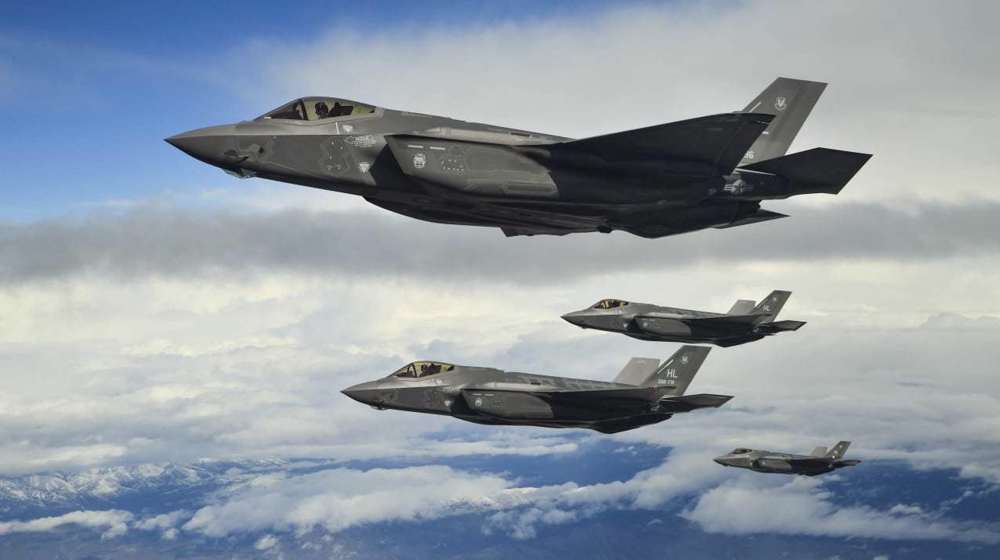
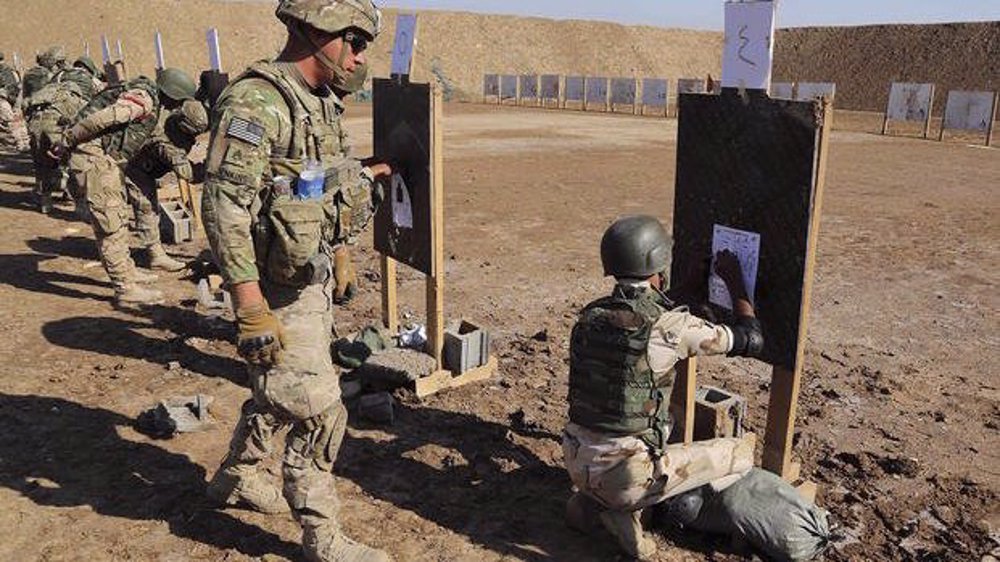
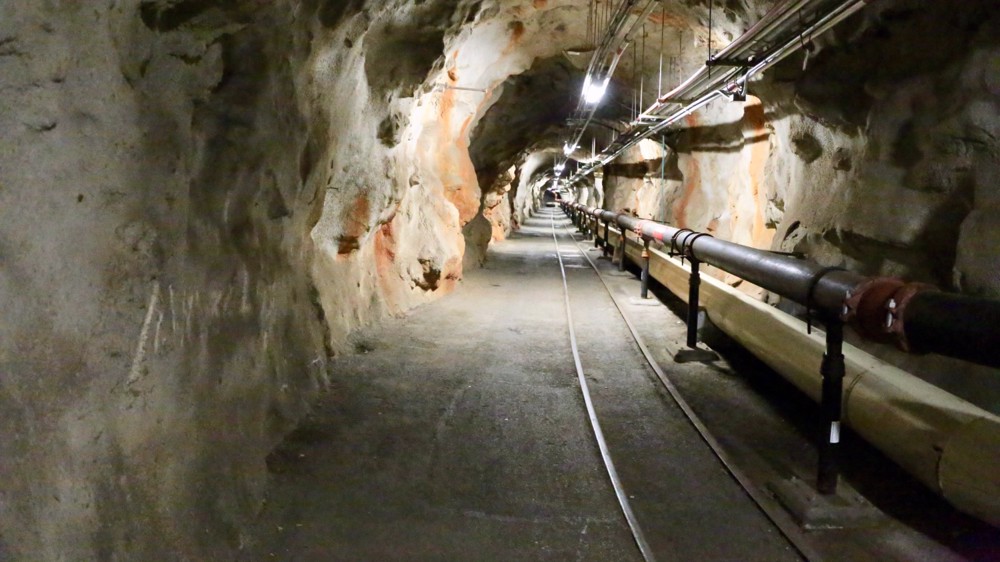
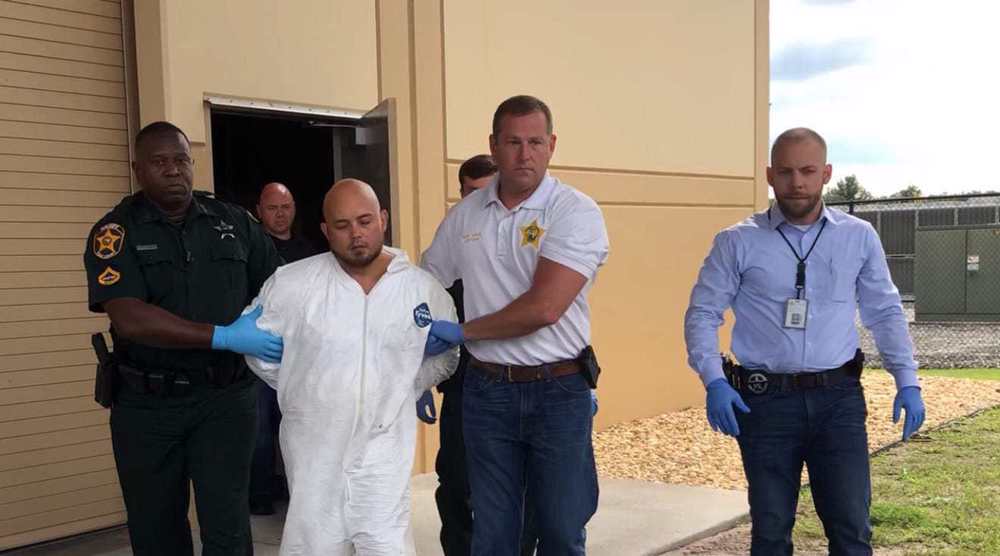

 This makes it easy to access the Press TV website
This makes it easy to access the Press TV website